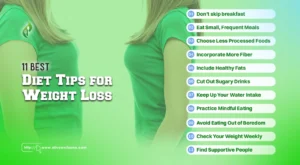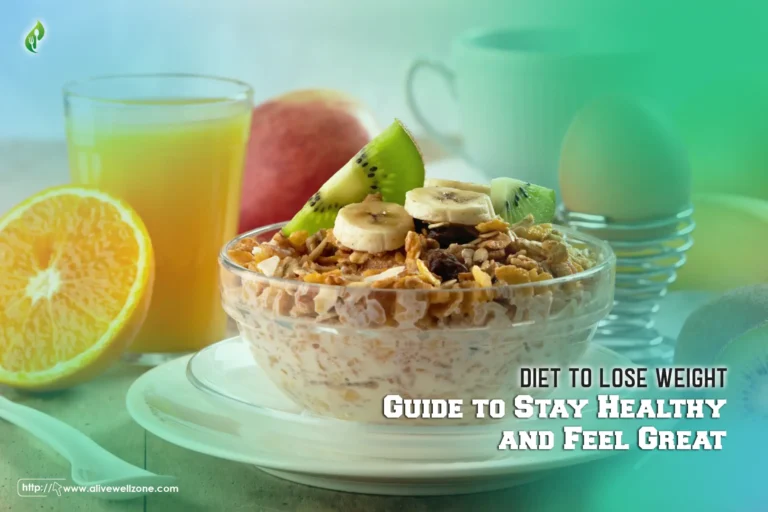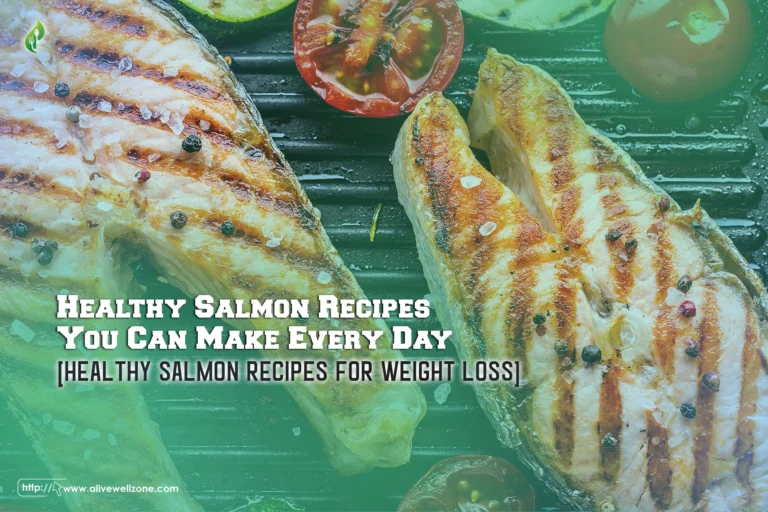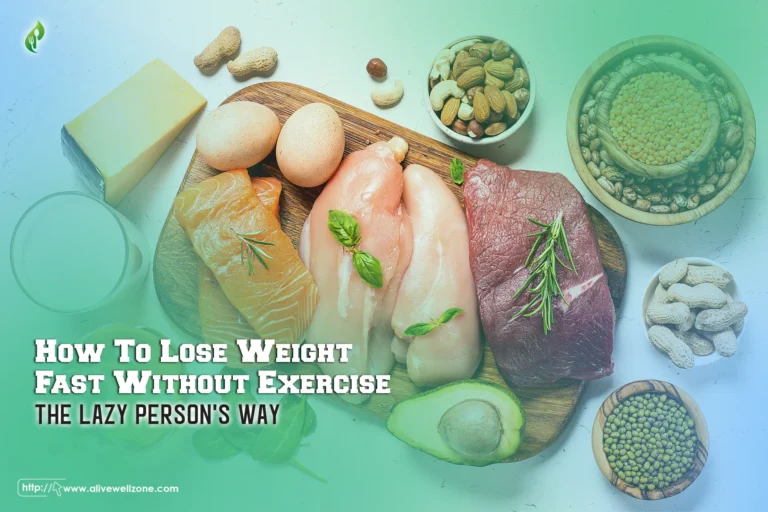
Weight loss is a journey unique to each individual, yet the quest for effective strategies unites us all. Nearly half of the U.S. population is attempting to shed pounds, as reported by the CDC.
Among various weight loss methods, diet tips stand out for their simplicity and profound impact on daily life. Every year, around 45 million people in America start a diet, according to statistics from BMC. With these tips, you can understand the complex dance of calories, nutrients, and hormones.
Nowadays, convenience often takes precedence over health, so these diet tips are essential. Today, we’ll unpack these diet tips for weight loss, revealing how to seamlessly integrate them into your daily routine, for a healthier, lighter body.
11 Best Diet Tips for Weight Loss

Let’s jump into the tips right away —
1. Don’t skip breakfast
Skipping breakfast might seem like a simple way to cut calories, but it can backfire. Studies suggest that missing your morning meal can lead to snacking and overeating later in the day.
To effectively lose weight and maintain it, take the time for a nutritious breakfast, such as a bowl of high-fiber cereal, low-fat milk, and some fruit.
2. Eat Small, Frequent Meals
Cutting calories is essential for weight loss, but constant hunger can make this challenging. Research indicates that eating four to five small meals or snacks throughout the day can help manage hunger and control weight.
Nutrition expert Rebecca Reeves, DrPH, RD, advises spreading your calories across smaller, more frequent meals or snacks, particularly earlier in the day, with dinner being your last meal.
3. Choose Less Processed Foods
In February 2023, a study published in Nutrición Hospitalaria found that people who ate the least processed foods were less likely to be obese.
Conversely, those who consumed the most processed foods had a higher risk of obesity. Choosing less processed options can be a significant step towards a healthy diet tips for weight loss.
4. Incorporate More Fiber
Fiber-rich foods like vegetables, fruits, beans, and whole grains are essential for a healthy diet. Studies suggest that increasing your fiber intake can aid in weight loss and help maintain it.
It’s simple to do: just mix beans into your salad, choose oats for your morning meal, or snack on nuts and seeds for a fiber boost.
5. Include Healthy Fats
Cutting out fats might seem like a straightforward strategy for weight loss, but incorporating healthy fats into your diet can support your weight loss efforts.
A number of studies have found a link between weight loss and a diet high in healthy fats, such as avocados, olive oil, and nuts. These fats also keep you full longer, reducing the urge to snack and making it easier to stick to your diet plan.
6. Cut Out Sugary Drinks
Drinking beverages like sugary sodas, teas, juices, or alcohol can add hundreds of calories to your daily intake without any nutritional value—these are often called “empty calories.” Instead of sugary drinks, it’s best to drink water or unsweetened tea and coffee.
Flavoring your water with a slice of lemon or orange can make it more enjoyable. Remember, sometimes thirst can be mistaken for hunger.
7. Keep Up Your Water Intake

Staying well-hydrated is not only crucial for your health but can also help in maintaining a healthy weight. In a study of more than 9,500 participants, those who didn’t drink enough water were more likely to be obese than those who drank enough water.
Additionally, drinking water before eating can lead to consuming fewer calories during the meal.
8. Practice Mindful Eating
Mindful eating is about paying close attention to your food and how you consume it. This approach encourages you to choose healthier foods and understand your eating patterns better.
Slowly eating allows you to enjoy your meal and let your body know when it is full, which usually takes about 20 minutes.
When you finish eating, you should feel content, not stuffed. Be cautious of foods marketed as “all-natural” or “low-fat”; these labels don’t always mean they’re good for you. Look at the
- nutritional worth
- of how satisfying the food is?
- the healthiness of the ingredients
Always read the labels on packaged foods to see how much fat and sodium they contain. This is a quick diet tip for weight loss that can make a big difference
9. Avoid Eating Out of Boredom
Feeling bored can often lead to eating when you’re not hungry, and this can include both healthy and unhealthy snacks. This habit can increase your total calorie intake.
To prevent this, try picking up new hobbies or activities that you enjoy. Even a simple walk outside to appreciate nature can improve your mood and help you stay focused on your health goals.
10. Check Your Weight Weekly
Regularly checking your weight can be a helpful part of your weight loss journey. However, to avoid being misled by normal daily weight changes, it’s best to weigh yourself just once a week.
When weighing yourself, use the same scale, wear the same type of clothing, and weigh yourself at the same time every week. It’s an easy diet tip for weight loss that can help you track your progress without getting discouraged.
11. Find Supportive People
Changing your lifestyle to lose weight involves developing new habits and moving away from old ones that weren’t helpful. When you share your goals, you might encounter people who don’t support your efforts.
Support is essential, whether in person, online, or by phone from weight loss programs recommended by the National Institute of Diabetes and Digestive and Kidney Diseases.
Support can also come from —
- Healthcare professionals
- Friends or neighbors
- Colleagues
- Individuals with similar goals on social media
The best supporters are those who listen to you, encourage your healthy lifestyle, and remind you of your goals if you stray.
Conclusion
On the road to a healthier lifestyle and effective weight loss, you’ve discovered various diet strategies that work and last. It’s clear now that reaching your weight goals isn’t about extreme changes, but about making thoughtful, regular choices.
Eat breakfast, choose whole foods, favour fiber, include healthy fats, ditch sugar drinks, hydrate, and eat mindfully. Also, avoid boredom snacking, check weight weekly, and value supportive friends. Looking ahead, stick with these habits for a healthier, more balanced you.
Keep making smart, informed decisions for your health.






